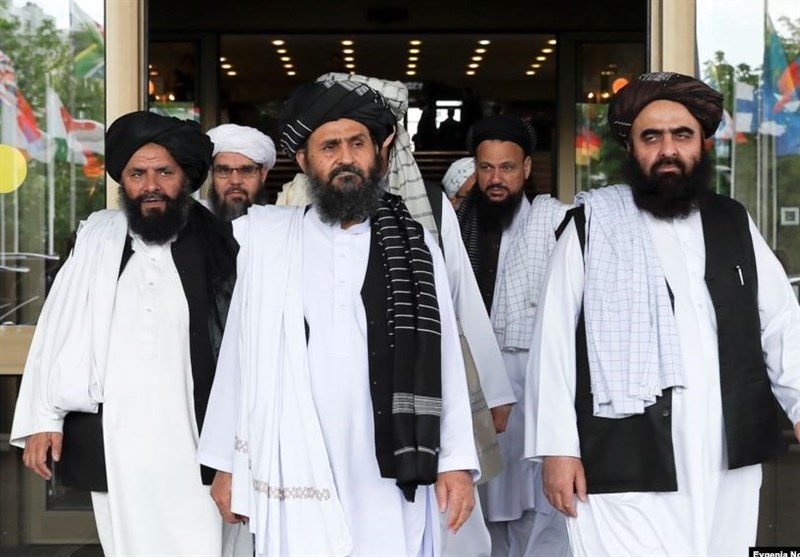Taliban announced that the group’s talks with the United States are over and that the document on the peace agreement and its annexes will be finalized and signed (by the end of February). Sheila Shahin, a spokesman for the Taliban’s political bureau in Qatar, said the two sides were to issue separate statements, including a date for signing the agreement.
It seems that after 11 rounds of talks between Zalmay Khalilzad, the US special envoy for peace and the Taliban, Khalilzad has succeeded in convincing the Taliban that they cannot revive their Islamic Emirate as long as the Americans are in the country. But they have the chance to come to power by political means, accepting democratic mechanisms and by-elections (if they win). It seems that part of the Taliban, including the Quetta Council, have accepted this line of thought, and that Quetta Council has now reached an agreement with the United States.
So it can be said that an agreement in principle has been reached between the Taliban and the US, although in the last minute there may be a problem and disrupt everything but the reality is that a peace agreement is likely to be signed.
Regarding US goals of pursuing peace talks, Donald Trump from the very beginning that he entered the election campaign one of the issues he raised was why America is sustaining human and financial losses in Afghanistan and Iraq. Trump had said in his publicity slogans that if he enters the White House he would prepare the ground for the departure of Iraq and Afghanistan.
With such a track record, Donald Trump now desperately needs an outsider in the presidential election year, and if Washington can come to terms with the Taliban and signs the peace deal, Trump could use it as a bargaining chip in the upcoming presidential vote.
The Taliban, on the other hand, seek power, while they have two characteristics: First it is ethnically monopolistic and second it is ideologically monopolistic. These two traits put the Taliban in a difficult position in reaching an understanding without achieving their goals.
One of the goals the Taliban are seeking is the complete withdrawal of US and NATO troops from Afghanistan, but they appear to have shown some flexibility in this regard. So the United States is withdrawing most of its troops from Afghanistan for the purpose of election campaign publicity but it is likely that some of the US troops will remain at their bases and the Taliban have no choice but to accept it.
Another thing that remains unclear is what would be the fate of the current Kabul government? Taliban do not recognize the ruling establishment and believe it is a subservient government.
Now elections have been held in Afghanistan that depend on the outcome of the peace talks between the Taliban and the United States. That is why they have been counting the votes for several months now and disagreements are high between negotiating parties.
In this regard, General Dostum recently announced that if the election results were announced in favour of Ashraf Ghani and the Northern alliance’s line of thinking was not operationalized, they would form a parallel government in the North. This means the outbreak of civil war in Afghanistan is possible.
Given all these circumstances, the United States may implement the previous plan for the interim government to work for 18 months to reform the constitution, in which case the Taliban must also be given a share in power and assume legal status. The power structure also needs to be changed.
So at this stage, it can be imagined that an agreement between the Taliban and the United States would be operational, but behind the scenes, they might have reached a point that has not yet been announced, so it is not yet possible to say whether the Taliban have accepted for part of the US forces remain in Afghanistan or not? Or whether the Taliban accepted that the rest of the ethnic groups have a share in power? Of course, despite the uncertainties, the deal looks to be close and likely to be signed soon.










0 Comments